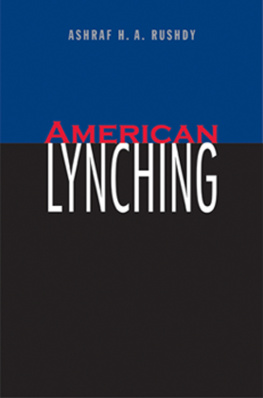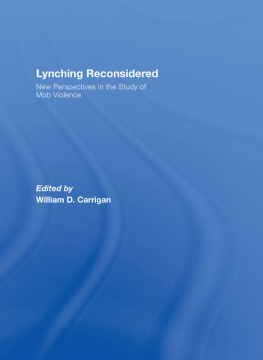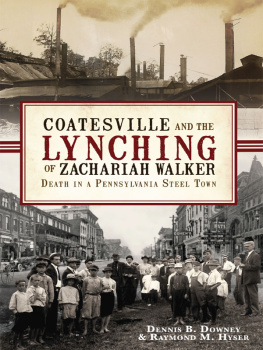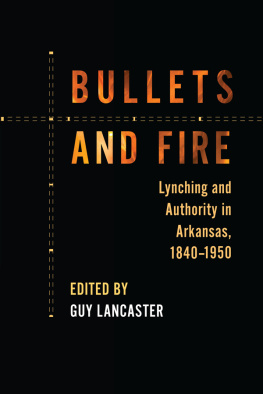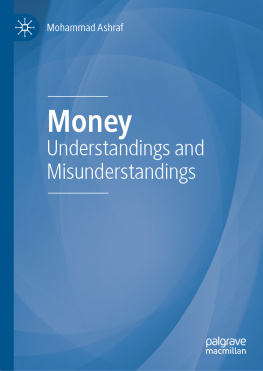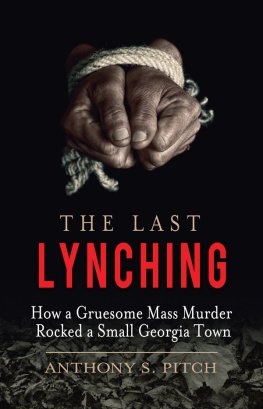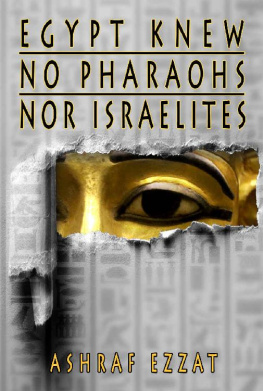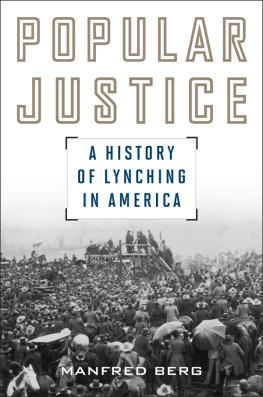Ashraf H. A. Rushdy - American Lynching
Here you can read online Ashraf H. A. Rushdy - American Lynching full text of the book (entire story) in english for free. Download pdf and epub, get meaning, cover and reviews about this ebook. year: 2012, publisher: Yale University Press, genre: Politics. Description of the work, (preface) as well as reviews are available. Best literature library LitArk.com created for fans of good reading and offers a wide selection of genres:
Romance novel
Science fiction
Adventure
Detective
Science
History
Home and family
Prose
Art
Politics
Computer
Non-fiction
Religion
Business
Children
Humor
Choose a favorite category and find really read worthwhile books. Enjoy immersion in the world of imagination, feel the emotions of the characters or learn something new for yourself, make an fascinating discovery.
- Book:American Lynching
- Author:
- Publisher:Yale University Press
- Genre:
- Year:2012
- Rating:5 / 5
- Favourites:Add to favourites
- Your mark:
- 100
- 1
- 2
- 3
- 4
- 5
American Lynching: summary, description and annotation
We offer to read an annotation, description, summary or preface (depends on what the author of the book "American Lynching" wrote himself). If you haven't found the necessary information about the book — write in the comments, we will try to find it.
American Lynching — read online for free the complete book (whole text) full work
Below is the text of the book, divided by pages. System saving the place of the last page read, allows you to conveniently read the book "American Lynching" online for free, without having to search again every time where you left off. Put a bookmark, and you can go to the page where you finished reading at any time.
Font size:
Interval:
Bookmark:



Published with assistance from the foundation established in memory of Amasa Stone Mather of the Class of 1907, Yale College.
Copyright 2012 by Yale University.
All rights reserved.
This book may not be reproduced, in whole or in part, including illustrations, in any form (beyond that copying permitted by Sections 107 and 108 of the U.S. Copyright Law and except by reviewers for the public press), without written permission from the publishers.
Yale University Press books may be purchased in quantity for educational, business, or promotional use. For information, please e-mail (U.K. office).
Set in Franklin Gothic and Minion types by IDS Infotech, Ltd.
Printed in the United States of America.
Library of Congress Cataloging-in-Publication Data
Rushdy, Ashraf H. A., 1961
American lynching/Ashraf H.A. Rushdy.
p. cm.
Includes bibliographical references and index.
ISBN 978-0-300-18138-8 (hbk. : alk. paper)
1. LynchingUnited StatesHistory. 2. United StatesRace relationsHistory. I. Title.
HV6457.R867 2012
364.1'34dc23
2012005835
A catalogue record for this book is available from the British Library.
This paper meets the requirements of ANSI/NISO Z39.481992 (Permanence of Paper).
10 9 8 7 6 5 4 3 2 1
For my beloved wife, Kidan
CHAPTER 1
CHAPTER 2
CHAPTER 3
CHAPTER 4
In 1901 Thomas Dixon, Jr., began writing his Klan romances, The Leopard's Spots and The Clansman, which would become the basis for D. W. Griffith's 1915 movie, Birth of a Nation. The movie, which in turn inspired the birth of the new Klan in Georgia, had as one of its key episodes the Klan killing of Gus, a would-be black rapist. This incredibly popular film was viewed by millions and publicly endorsed by then President Woodrow Wilson and at least one Supreme Court justice. It seemed, in the apropos words of one historian, as if all America had vicariously joined a lynch mob. Also in 1901, Mark Twain wrote an essay as an introduction to a proposed multivolume history of lynching, what he called this epidemic of bloody insanities he titled this brief essay The United States of Lyncherdom.
Here were two visions of the nation at the turn of the twentieth centuryone a glorious celebration of America as a nation redeemed through the reuniting of the South and North, a birth requiring the death of the Negro; the other a tragic jeremiad of America as a nation united only through acts of ritual violence against a reviled caste in the otherwise not United States. Specific lynchings happened in towns and counties, patterns of lynching could be found in counties and states, but lynching itself was a national practice, and a practice that helped define the boundaries of the nation. The primary reason antilynching advocates wanted to implement a federal antilynching law was that state courts consistently refused to indict or condemn members of lynch mobs, but the antilynching advocates also wanted to make a federal case out of lynching itself, to show it as the shame or crime or sin not of a town or county or state, but of the nation.
Is lynching American, then? If lynching is defined in its broadest sense as a form of collective vigilante justicethe extralegal pursuit of vengeance against an offender of communal moral standardsthen we cannot say that lynching is uniquely American. Every human society has practiced some form of lynching. Mobs have murdered for religious reasons, as happened in fifth-century Egypt when a mob of pagans and Indeed, lynching is often described in nineteenth- and twentieth-century political writing as an atavistic activitythe crime of barbarians, the action of the uncivilizedbecause it is, literally, the form of retributive justice human societies must have employed prior to the organization of institutions of modern nation-states' judicial and police power.
Yet many have held that lynching is, if not uniquely then distinctively, an American activity. The United States is the native heath of lynching, wrote Lewis Blair in 1894. Even more to the point, he concluded that lynching constituted a distinguishing feature of American Evangelical Christian civilization. Writing the first academic book-length study of lynching in 1905, James Cutler traced the history of vigilante activity in other continents before calling it a fact that lynching is a criminal practice which is peculiar to the United States. He, like Blair, saw it as constitutive of the national identity when he concluded that our country's national crime is lynching. Ida B. Wells had maintained this same point in 1895 when she pointed out that no other civilized nation stands condemned before the world with a series of crimes so peculiarly national.
In the first half of the twentieth century, antilynching advocates would continue to insist, as did the National Association for the Advancement of Colored People (NAACP) in 1919, that the United States has for long been the only advanced nation whose government has tolerated lynching. In 1924 the NAACP referred to lynching as the Great American Specialty, and in 1934 placed a caption under the picture of a hanged lynch victim: This is what happens in Americaand no other place on earth!
Why, then, do some American intellectuals believe lynching to be a uniquely American phenomenon, something akin to another form of American exceptionalism? Partly, this is a result of political rhetoric in the antilynching campaign. When Wells and Cutler and the NAACP noted that lynching occurs only in the United States, this information is meant to shame the citizens who countenance the practice or at least do not agitate for the passage of legislation that punishes those who do it. But there is something more than political rhetoric at work here. Lynching is in some senses distinctively American. A history of the practice in America would demonstrate the ways Americans have thought of lynching as an expression of ideals they hold sacredranging from Puritan religious ideals of communal lustration to Revolutionary political ideals of popular sovereignty. The contexts in which lynchings occurred in Americaon the frontier, in corrupt cities, as a way of controlling labor and community moresare just that, contexts.
The truly meaningful place to locate what is distinctively American about lynching is in the political traditions Americans have formulated and the political myths they have held. In the case of lynching, that requires us to return to the earliest institutions of American life and see how they shaped the central ideology of lynching: the belief in the right of a group of people to punish by virtue of their own volition. That belief, I argue, developed out of the two first institutions to be established, almost simultaneously, on American soil. The first institution, the House of Burgesses, defined the terms of freedom, while the second, slavery, created and refined through laws passed by the House of Burgesses, defined its opposite. As we will see in this book, lynching arose precisely out of an ideology of the sense of what rights accrued to someone possessing democratic freedom (which evolved into the argument for popular sovereignty), and that that sense of those rights was directly and formally a product of the earliest and most essential mandates of a slave society. It is, then, in the earliest American institutions that we can find the origins of the political traditions that would come to define and be used to defend American lynching.
Next pageFont size:
Interval:
Bookmark:
Similar books «American Lynching»
Look at similar books to American Lynching. We have selected literature similar in name and meaning in the hope of providing readers with more options to find new, interesting, not yet read works.
Discussion, reviews of the book American Lynching and just readers' own opinions. Leave your comments, write what you think about the work, its meaning or the main characters. Specify what exactly you liked and what you didn't like, and why you think so.

